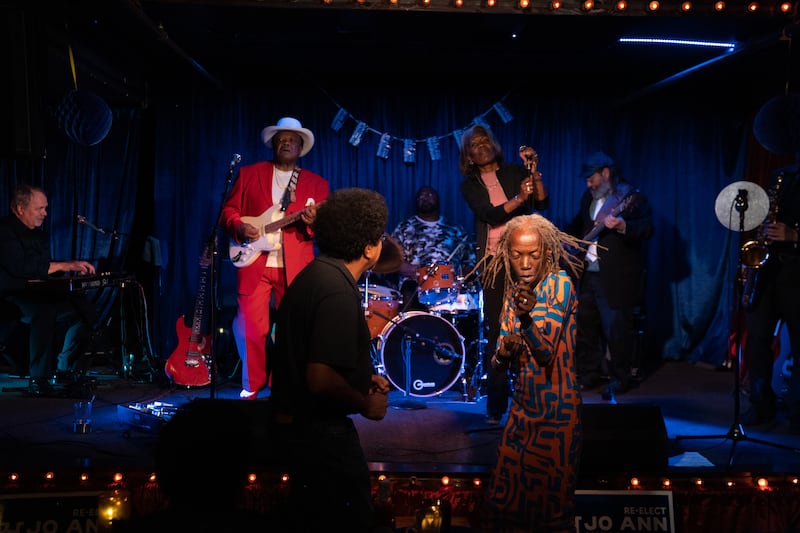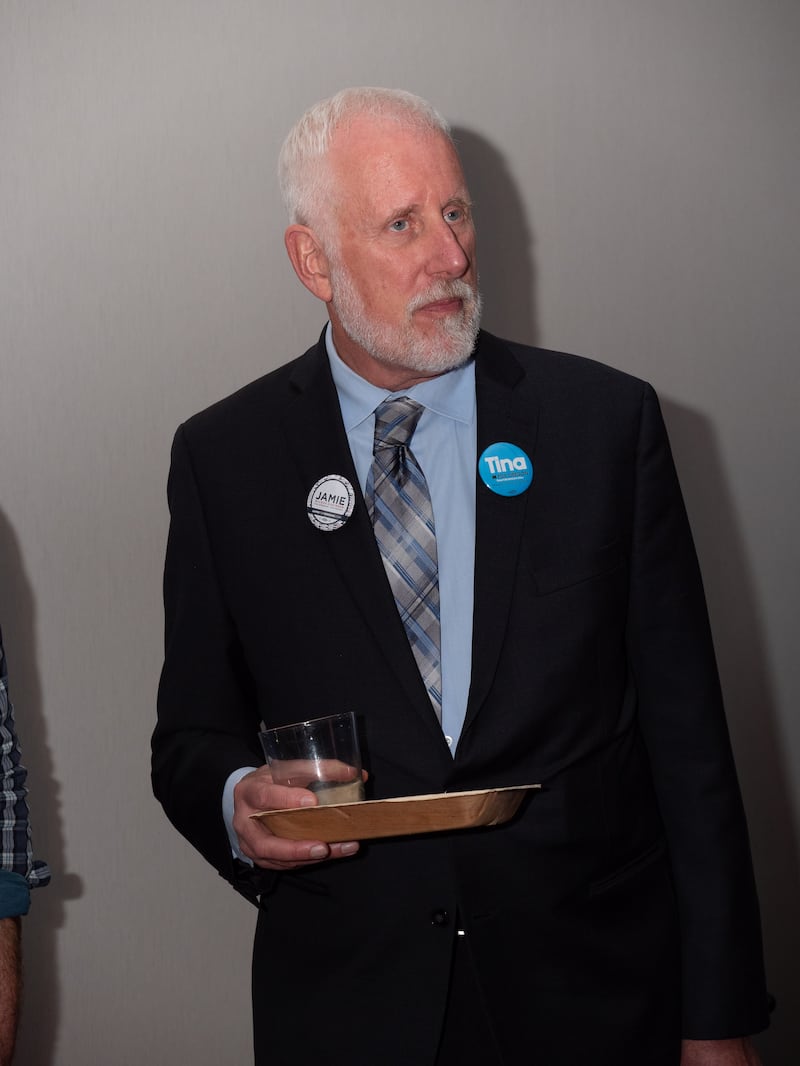Nov. 8 was a day of reckoning for many Oregonians—and not just those whose names appeared on the ballot. Here are the people and movements that got a boost from election results, or saw their fortunes crater.
WINNERS
Politicians in exile
Voters’ approval of city charter reform, including four districts of three commissioners each, opens the field for candidates who have a base but lost, including City Commissioner Jo Ann Hardesty; former Commissioners Chloe Eudaly and Steve Novick; and former candidates Loretta Smith and Jefferson Smith (no relation). With ranked-choice voting and multimember districts, candidates will need just 25% of the vote in a district to win one of the new jobs.
Portland’s struggling TV stations
They got a healthy cash injection from a governor’s race that saw $70 million in spending (the previous record was $40 million) and closely contested—and expensive—legislative and congressional races. The grainy, 30-second hit piece lives!
Clackamas County couples
Catherine McMullen’s defeat of sitting County Clerk Sherry Hall isn’t just a victory for competence—it’s a win for the institution of marriage. Hall has refused to conduct any civil ceremonies since Oregon legalized gay marriage. McMullen says she will. Now to find a cake…
LOSERS
Portland plutocrats
Downtown real estate owners and CEOs spent more than $500,000 in last-minute money to boost City Council candidate Rene Gonzalez (who didn’t need their help) and Multnomah County Chair hopeful Sharon Meieran (who didn’t benefit from it). Those moneyed interests mounted a last-minute mailer spree to fight against the charter reform measure, but didn’t step in until only two weeks before election night. It passed handily.
Multnomah County election officials
Within the next three years, county election officials must set up new complicated voting systems for two different types of ranked-choice voting: one for the county and one for the city of Portland. That means new software, probably new staff, and a rehabbing of its entire elections process.
Racial justice
Oregon’s racist past appears to have reared its ugly head last week. First, nearly 800,000 Oregonians (44%) voted against Measure 112, which will remove language from the Oregon Constitution that allows slavery or involuntary servitude to be used as punishment for a crime. And voters ended the brief judicial career of one of the state’s very few Black male jurists, Marion County Circuit Judge Erious Johnson Jr., whom Gov. Kate Brown just appointed to the bench in February. Voters, who barely knew Johnson, replaced him with a Filipino American prosecutor.
You Win Some, You Lose Some
Election night was not a suspenseful affair. Despite fears that ballot counting could stretch for a week, initial returns Nov. 8 offered definitive answers in most of the significant contests not long after 8 pm.
At Spirit of 77, where supporters of charter reform gathered, victory was met with shouts and tears of joy. Across the river at the Jack London Revue, Commissioner Jo Ann Hardesty’s backers largely ignored the numbers showing her unseated by Rene Gonzalez. “Here’s what I know: I don’t have a lemon drop martini in my hand, and that’s a problem,” Hardesty quipped.
See images of election night below:
0 of 8
Correction: This story incorrectly said that Judge Erious Johnson Jr. was defeated by a white prosecutor. In fact, Amy Queen is Filipino American. WW regrets the error.










